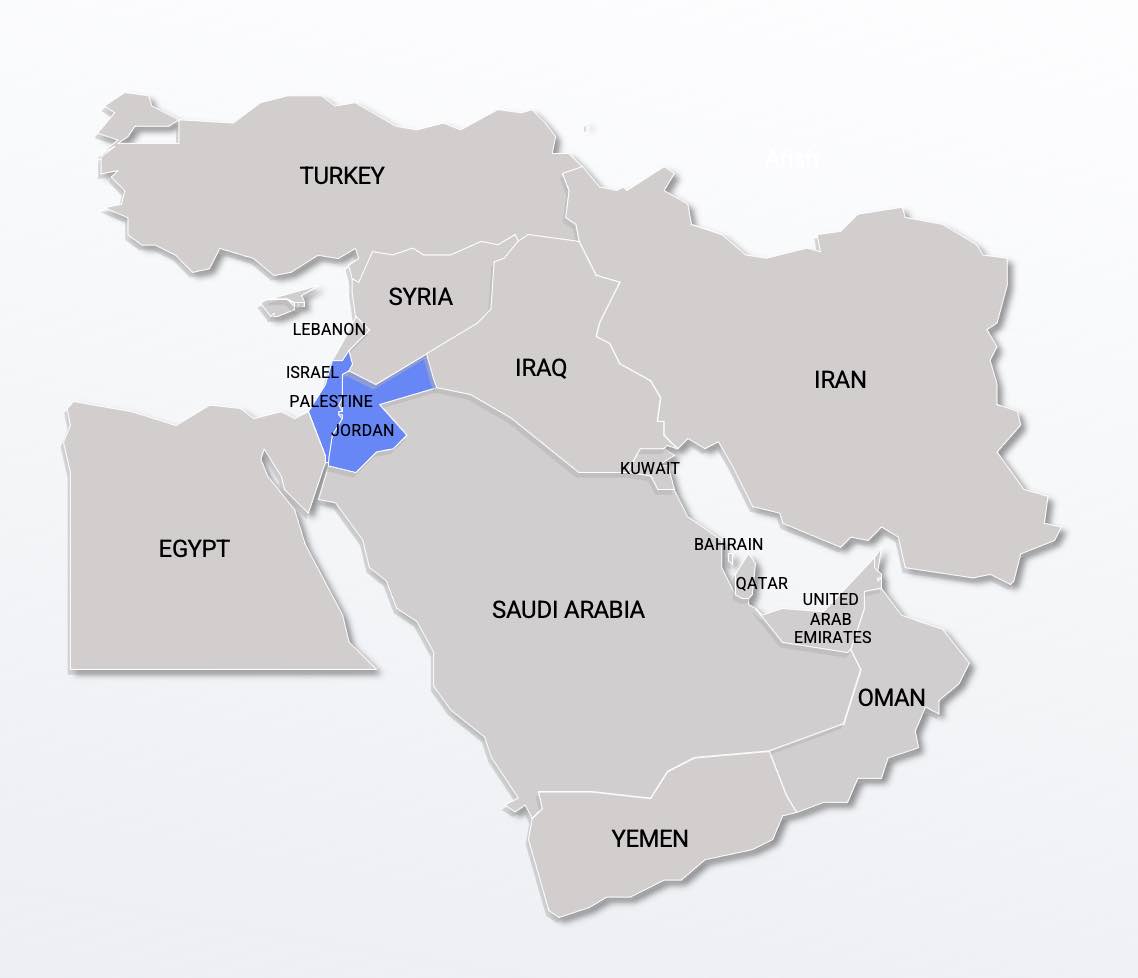Water in Crisis - Israel, Palestine & Jordan

Water scarcity remains a significant issue in the Middle East, particularly in Israel, Palestine, and Jordan, where the three territories share water sources. The region is characterized by arid and semi-arid conditions, with limited freshwater resources, rapid population growth, and increasing demand for water due to economic development.
Israel has made significant progress in managing its water resources and has implemented innovative policies and technologies to address water scarcity. The country has become a world leader in water management and has successfully implemented measures such as desalination, wastewater reuse, and aquifer recharge to meet its water needs. However, Israel still faces challenges due to limited natural water sources and high demand from agriculture, industry, and households.
In contrast, the situation in Palestine is dire, with limited access to water resources and infrastructure. Palestinian communities in the West Bank and Gaza Strip face significant challenges due to restrictions on water access and management. Palestinian communities also suffer from water theft, destruction of water infrastructure, and limited access to water. According to one report, access to water remains a critical challenge for Palestinian residents and many communities rely on unsafe and costly sources of water.
Jordan, like Israel, faces significant challenges in managing its water resources due to limited natural water sources, rapid population growth, and increasing demand for water. The country has implemented policies and technologies to address water scarcity, including water reuse and conservation measures. However, these efforts have been undermined by increasing demand from agriculture, industry, and households, and the impact of climate change. Jordan needs to do more integrated water management that includes measures such as rainwater harvesting, improved irrigation techniques, and water-efficient technologies to address the water scarcity challenge. The refugee population has put a significant strain on Jordan's water resources, which are already stretched thin due to population growth, urbanization, and climate change. According to data from UNHCR, more than 650,000 Syrian refugees have sought shelter in Jordan since the beginning of the conflict in 2011.
The "Red to Dead" water project was a significant initiative aimed at addressing the severe water crisis in the Middle East. The project proposed to transfer water from the Red Sea to the Dead Sea through a pipeline, which will not only provide a new source of fresh water for the region but also help to stabilize the levels of the Dead Sea, which has been rapidly shrinking in recent years. Due to disagreements the project scope changed to piping treated desalinated water to the major cities.
Water scarcity remains a significant challenge, and Israel, Palestine, and Jordan are among the most affected countries. While Israel has made significant progress in managing its water resources, Palestine and Jordan continue to face significant challenges due to limited access to water resources and infrastructure. Addressing water scarcity in the region will require cooperation and joint efforts from all stakeholders to ensure sustainable management of this critical resource.
* This article was produced in part by generative assistive technologies, then edited and reviewed for accuracy by The Water Project staff.